Emmett Till family and Tulsa Race Massacre survivors demand justice during DNC
Chicago, Illinois - Family members and representatives of Emmett Till, as well as 1921 Tulsa Race Massacre survivors Viola Ford Fletcher and Lessie Benningfield Randle, gathered on the sidelines of the 2024 Democratic National Convention to demand reparations long overdue.
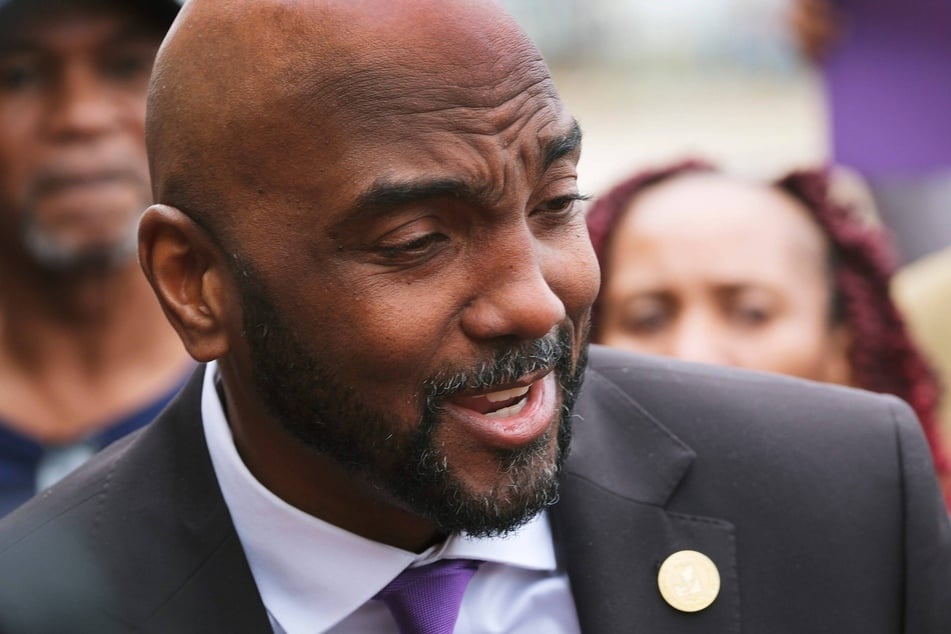
As Democratic leaders and delegates gather in Chicago to celebrate the nomination of Vice President Kamala Harris, racial justice advocates are calling on the White House to deliver for Black Americans.
The Till family and members of Tulsa's Greenwood community joined forces during a Wednesday panel event, held at Chicago's Democracy House and live-streamed via the Black Star Network, to highlight what needs to be done to address historic civil rights cases and ensure a better future for Black people across America.
"We have the right to make requests, and we have the right to petition the government where another government or another version of it failed us," insisted panel moderator Angela Rye, a lawyer and political commentator.
Earlier this month, Tulsa Race Massacre survivors Fletcher (110) and Randle (109) threw their support behind Harris in a powerful endorsement. They also asked the White House hopeful to aid their pursuit of reparations for the horrors they have been forced to relive for more than a century.
Their attorney, Damario Solomon-Simmons, carried that message forward at the DNC.
"Justice for Greenwood is justice for Black people because what was taken from us as a community, a national community, just like with Emmett Till, that struck a chord in us," the Justice for Greenwood Foundation founder and executive director said.
"If this can happen to a wonderful young man, to be brutalized in this manner and nothing happens... if a whole community of 40 blocks – this is 10,000 to 12,000 people – can be destroyed, $200 million in property damage, over 3,000 people disappeared, and nothing, no accountability... None of us are safe."
Uncovering hidden histories
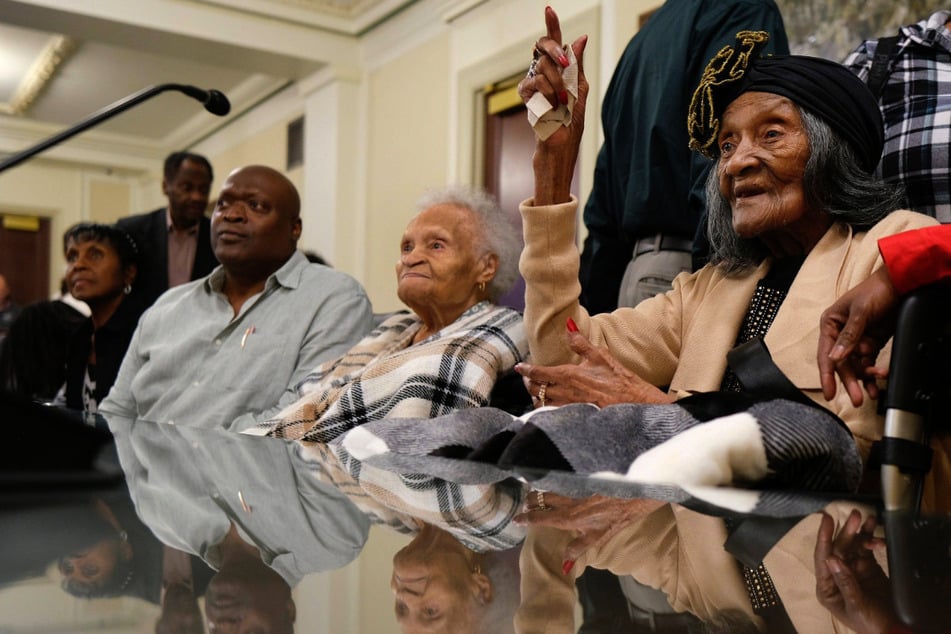
Fletcher and Randle were children when they were forced to flee their homes during the infamous 1921 Tulsa Race Massacre.
Over two days, white law enforcement officers and deputized civilians murdered hundreds of Black Tulsans and razed 40 square-blocks of the city's once-flourishing Greenwood District, known as Black Wall Street. Attackers even dropped firebombs on the neighborhood from decommissioned US military planes.
After the massacre, authorities immediately sought to cover up the crimes by destroying police records and burying bodies in unmarked mass graves.
Survivors, meanwhile, were confined in concentration camps and forced to clean and rebuild their community without any compensation.
"They could not even get out of the camp unless they had a white person sign them out and they had a green badge," Solomon-Simmons said, describing the crimes as a continuation of chattel enslavement.
Three decades after the white mob decimated Greenwood, 14-year-old Chicago native Emmett Till was lynched while visiting relatives near Money, Mississippi.
A white woman named Carolyn Bryant Donham accused Till of whistling at her in her family's grocery store in 1955. Her husband, Roy Bryant, and half-brother, J.W. Milam, then kidnapped the teen, brutally beat him, and shot him before throwing his body into a river.
Bryant and Milam, both of whom have since passed away, were acquitted by an all-white jury before confessing to the crime in a 1956 interview. Donham died at the age of 88 in April of last year, having evaded accountability for her actions.
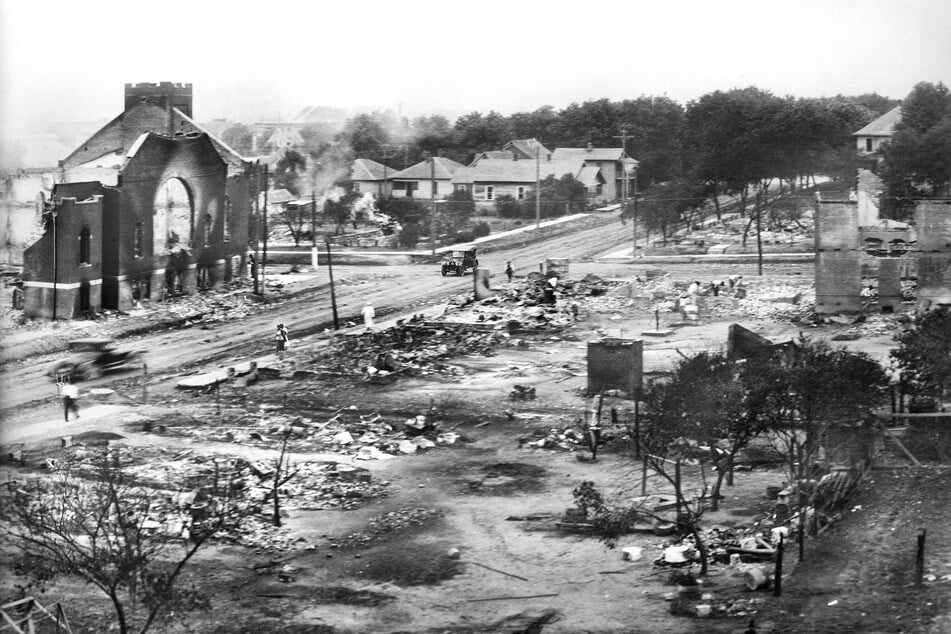
Demanding the truth
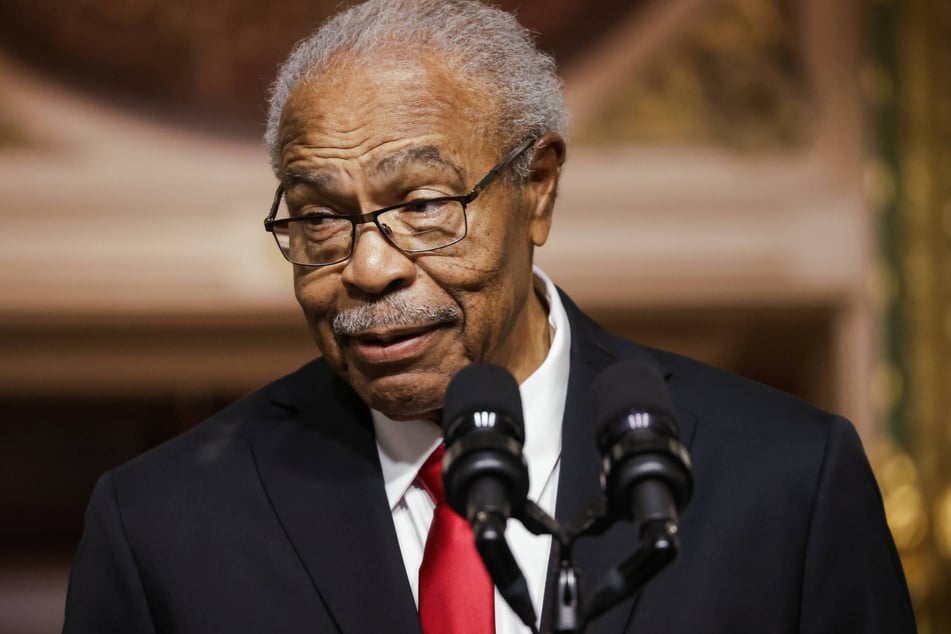
Since the initial crimes, survivors and families of the Tulsa Race Massacre and Emmett Till lynching have suffered decades of gaslighting and denial – all while their communities are continuously deprived of the resources they need to thrive.
"For 30 years, the attitude of America was that Emmett got what he deserved, so we couldn't talk about it," recalled Till's cousin and best friend, the Rev. Wheeler Parker Jr., who witnessed the kidnapping.
Media reports at the time blamed Till for his own murder, lies that continue to pain 85-year-old Parker to this day.
"You feel helpless," he said, "because you have no one to help you, no one to try to change that."
In such cases of racial terror, setting the record straight may enable the first step toward healing.
"There's ongoing, enduring traumatic memory, not only for the families of the immediate victims but for the entire community, because you expect that this could happen to you at any time, and that's the nature of ethnoviolence," explained Chris Benson, president of the Emmett Till and Mamie Till-Mobley Institute.
"It's all political," he continued. "We say that the Emmett Till story is about more than Emmett Till. It's about more than racial violence. It's about power – the power to put people in a certain place in our society and to enforce that through violent means, as we see with the Tulsa case."
"There is some element of justice that comes with knowing the truth, and that's something that we're striving to achieve as well."
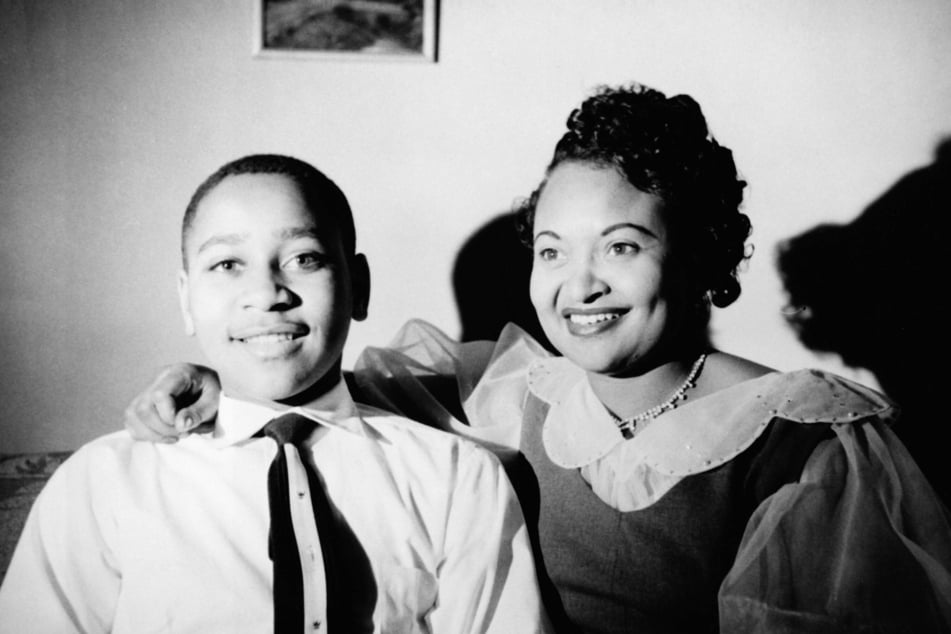
Holding perpetrators accountable
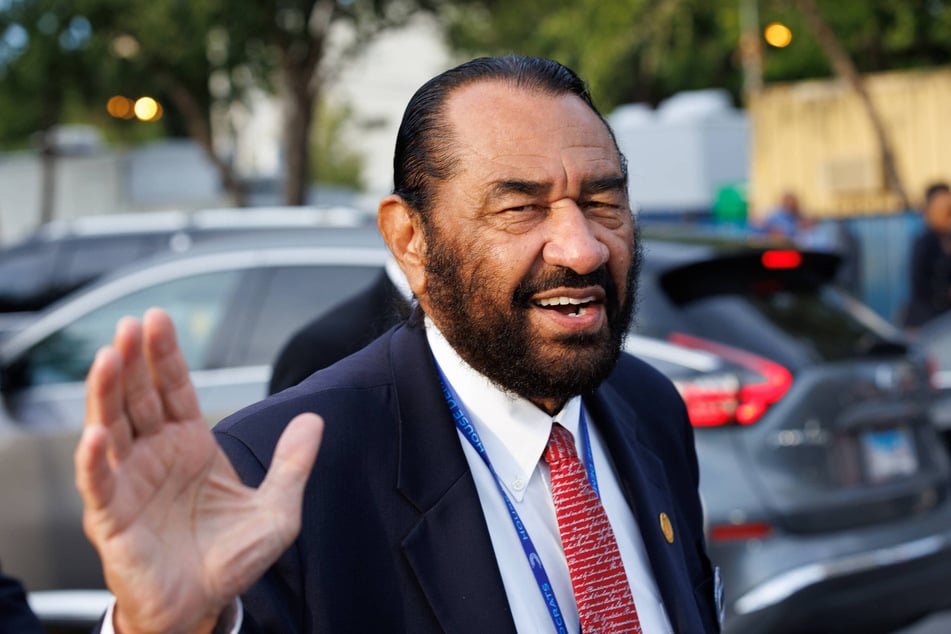
Fletcher and Randle have sought to hold massacre perpetrators accountable for their actions through congressional testimony, political advocacy, and a historic lawsuit led by Solomon-Simmons and his team.
The centenarians accused the City of Tulsa, Tulsa County, Tulsa Regional Chamber, Oklahoma National Guard, and other defendants of creating an ongoing public nuisance that continues to hurt Greenwood survivors and descendants today. The legal case, first launched in 2020, was dismissed by the Oklahoma Supreme Court just days before Juneteenth.
Since then, Tulsa Mayor G.T. Bynum has authorized a Beyond Apology Commission tasked with developing a housing equity program for Greenwood and North Tulsa residents. The Republican, who repeatedly opposed Fletcher and Randle's calls for compensation, billed the executive action as a reparations initiative, despite failing to communicate with the survivors.
"That is not a reparations commission," Solomon-Simmons countered, slamming the move as the latest example of political "whitewashing."
The attorney said he hopes Tulsa voters will keep the Greenwood community in mind as they hit the polls to elect a new mayor on August 27.
Meanwhile, the Justice for Greenwood team is urging the federal government to guarantee redress for Fletcher and Randle in their lifetimes – and before the end of the Biden-Harris administration in January 2025. This includes passing legislation to compensate the survivors and directing the Department of Justice to open an investigation into the massacre under the Emmett Till Unsolved Civil Rights Crime Act.
Congressman Al Green, who was in the audience during the event, pledged that his office would send a letter to the Justice Department and draft legislation in support of the survivors' demands.
"This is a cause that we all have cause to be associated with, and I'm going to make sure that I'm associated with it," promised the representative from Houston, Texas.
Cover photo: Collage: IMAGO / USA TODAY Network & IMAGO / MediaPunch

